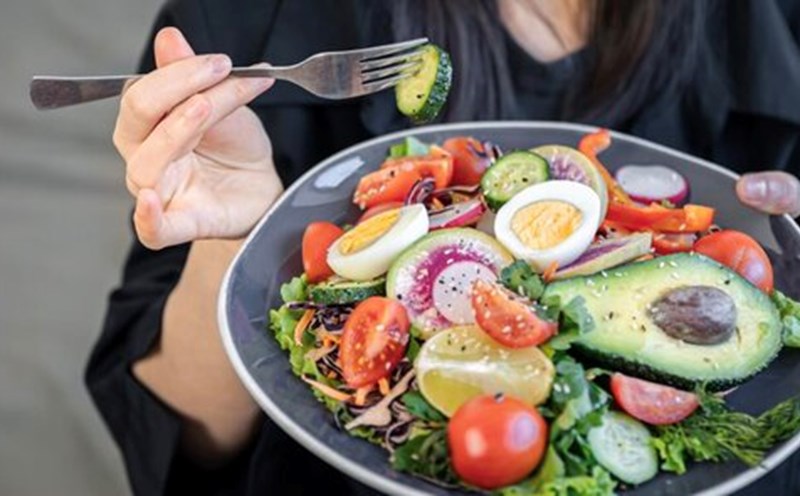Salt, saturated fat and sugar, tricky tricks with blood pressure
Many people are surprised to learn that the greatest source of sodium in the diet does not come from salt sprayed at home, but from prepackaged foods, fast food and processed foods at restaurants.
According to Dr. Sohaib Imtiaz, general internal medicine specialist at Lifestyle Medicine UK, excess sodium causes the body to retain water, thereby increasing pressure on vessel walls and causing hypertension: "About 70% of sodium in the Western diet comes from processed foods, not from salted bottles in the kitchen," he said.
The list of 12 silent "guides" includes:
French fries, potato slices: high in sodium and saturated fat.
Processed meats (cotton ham, sausage): contain salt to preserve and enhance flavor.
Sour melon, bottled olive: soaked in salt water and should have a high sodium content.
canned soup: many people don't realize it's so salty because the taste is not too clear.
Rapidly fried potatoes, avocado, red meat, coconut oil: many saturated fats cause increased cholesterol, indirectly increasing blood pressure.
ice cream, soft drinks, alcohol: contain large amounts of sugar or alcohol, reduce nitric oxide, a compound that helps dilate blood vessels.
Small changes, big benefits for the cardiovascular system
The positive thing is that you don't need to completely remove your favorite dishes, just replace them skillfully like:
Replace the French fries with air-burned corn or roasted chickpeas.
Replace ham with lean, unsalted meat or fresh fish.
Replace butter with extra virgin olive oil, which is both fragrant and good for blood vessels.
Instead of eating ice cream, switch to unsweetened Greek yogurt with fresh fruit.
If your goal is to lower your blood pressure, start with small things like checking nutrition labels, choosing low-sodium foods, and prioritizing home-cooked dishes, says Dr Imtiaz. Those options will be less delicious but extremely healthy for the heart".











